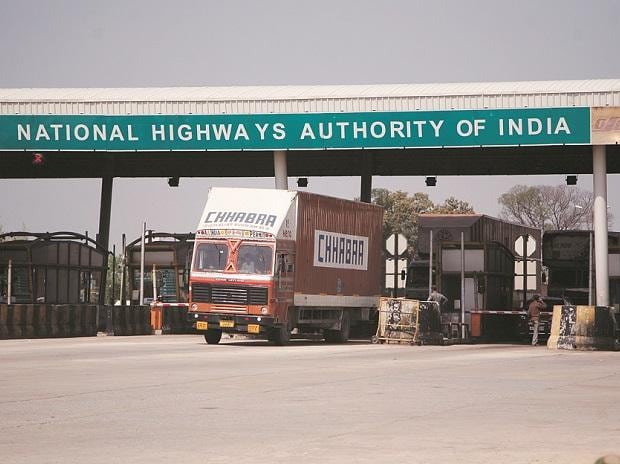The Maharashtra government says that inter-state travel by road,
air and trains from Maharashtra will remain prohibited in the latest phase of
the lockdown until June 30.
After Centre
allowed lifting of restrictions on inter-state movement of people, states like
Maharashtra and Tamil Nadu, which have reported the highest number of coronavirus
cases, and those in the Northeast on Sunday decided to continue with the curbs
even after the end of the fourth phase of the lockdown.
Several others
like Rajasthan, Punjab, Haryana and Telangana announced they are allowing
inter-state movement as part of easing of restrictions under the 'Unlock-1'.
Telangana Chief
Minister K Chandrashekar Rao on Saturday decided to extend the
coronavirus-induced lockdown till June 30 in the containment zones, while in
the areas outside containment zones, lockdown
will be in force till June 7.
According to an
official statement from the CMO, Rao held discussions with Chief Secretary
Somesh Kumar, DGP Mahender Reddy and other senior officials in the backdrop of
new guidelines issued by the Centre.
"It was
decided to implement the relaxations in all the areas except in the Containment
Zones as per the guidelines issued by the Centre. The CM has instructed the
officials concerned to implement lockdown in the containment zones
strictly," reads the statement.
The Karnataka
government, while allowing inter-state movement, said separate orders will be
issued by Health and Family Welfare Department for people coming to the state.
The UP government
said there is no ban on interstate travel but left it to the district
administrations of Ghaziabad and Noida to take a call on the movement of people
from adjoining Delhi. The state has not restarted its inter-state bus service.




















